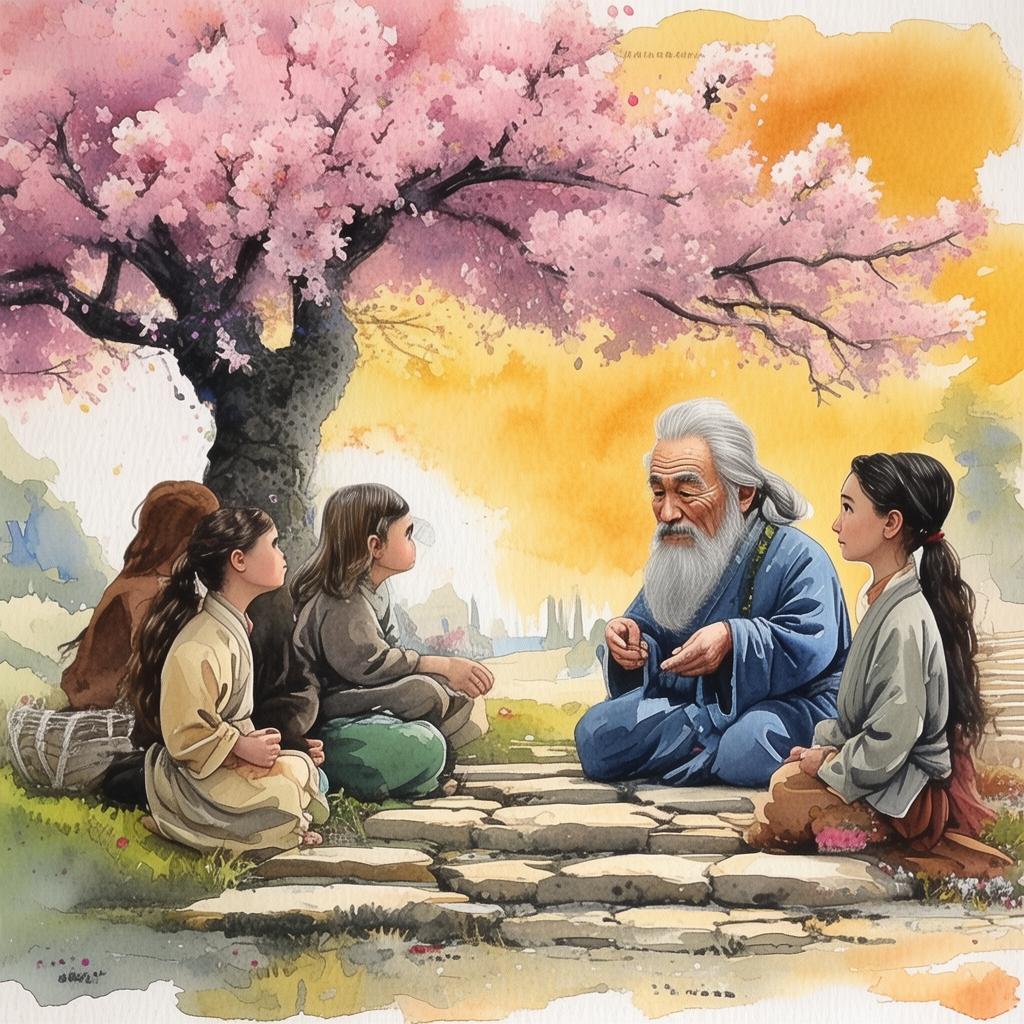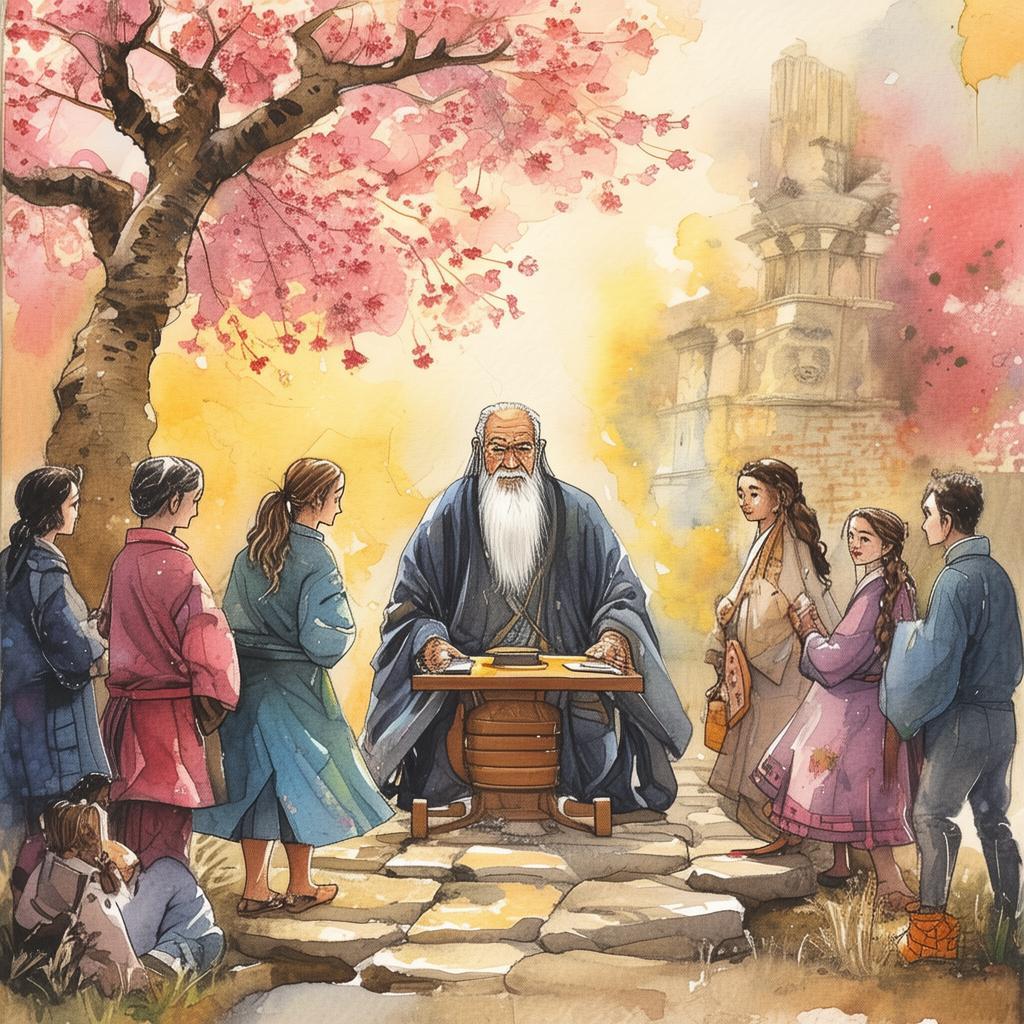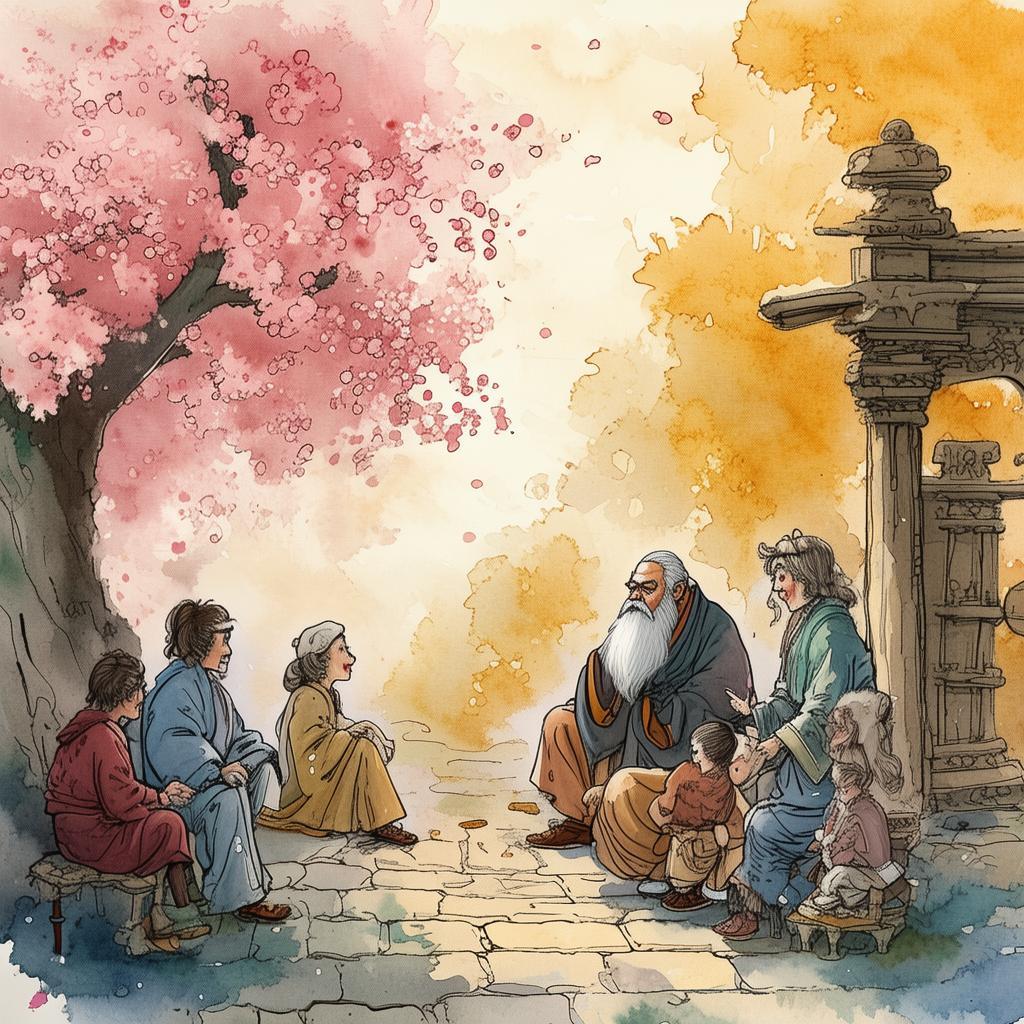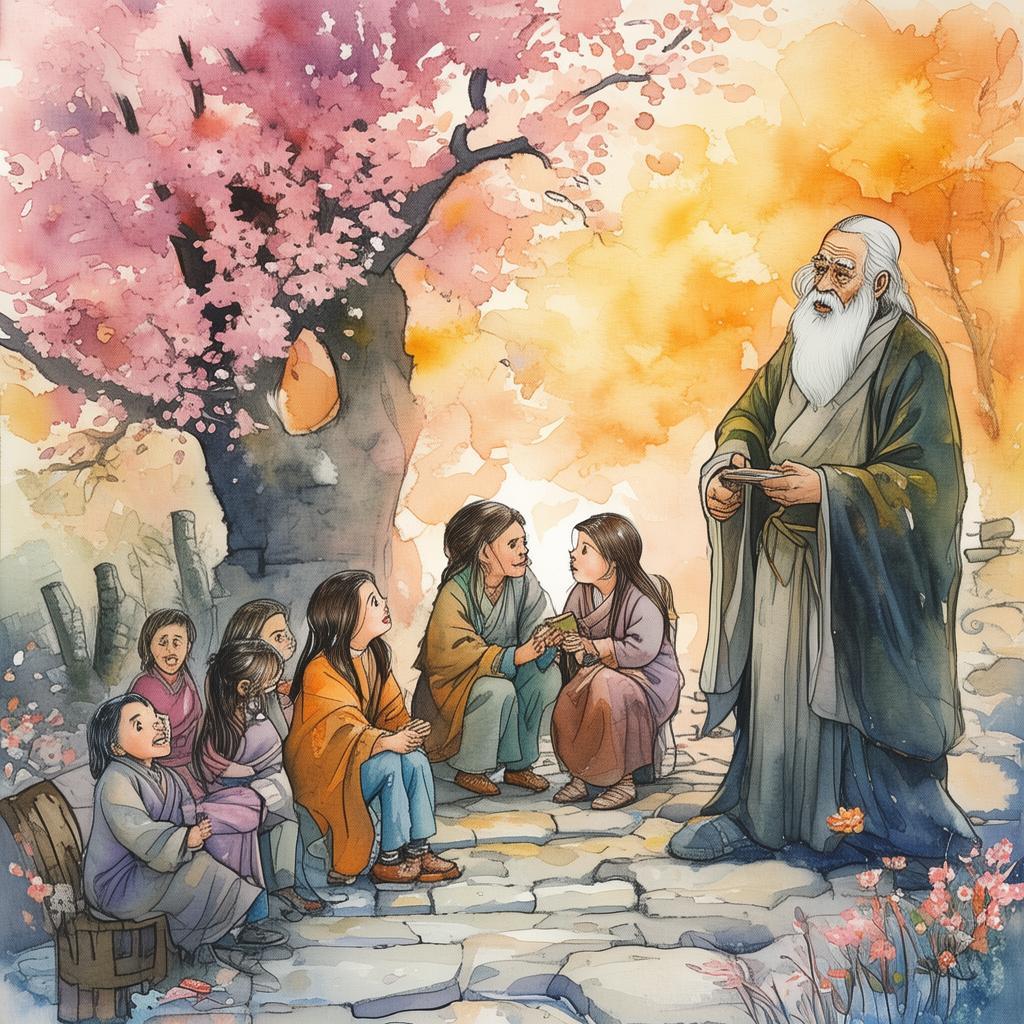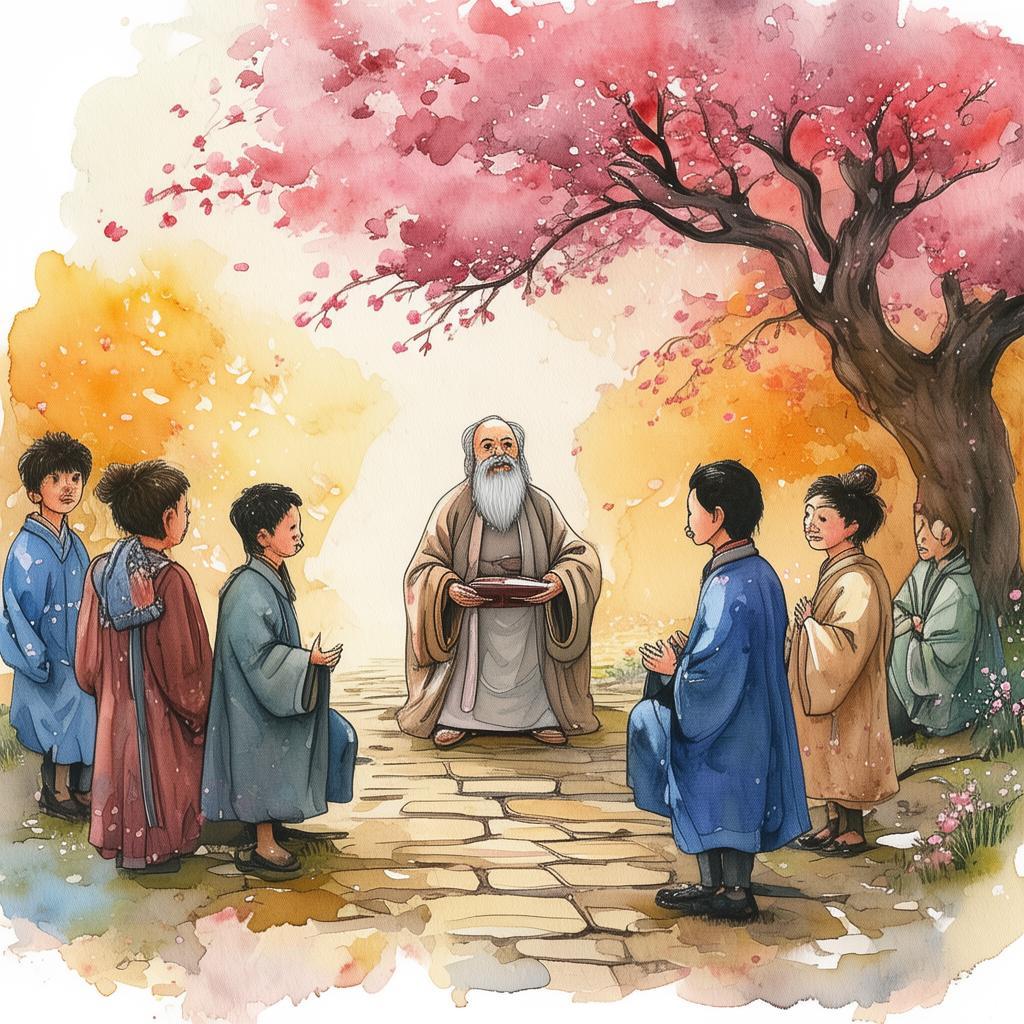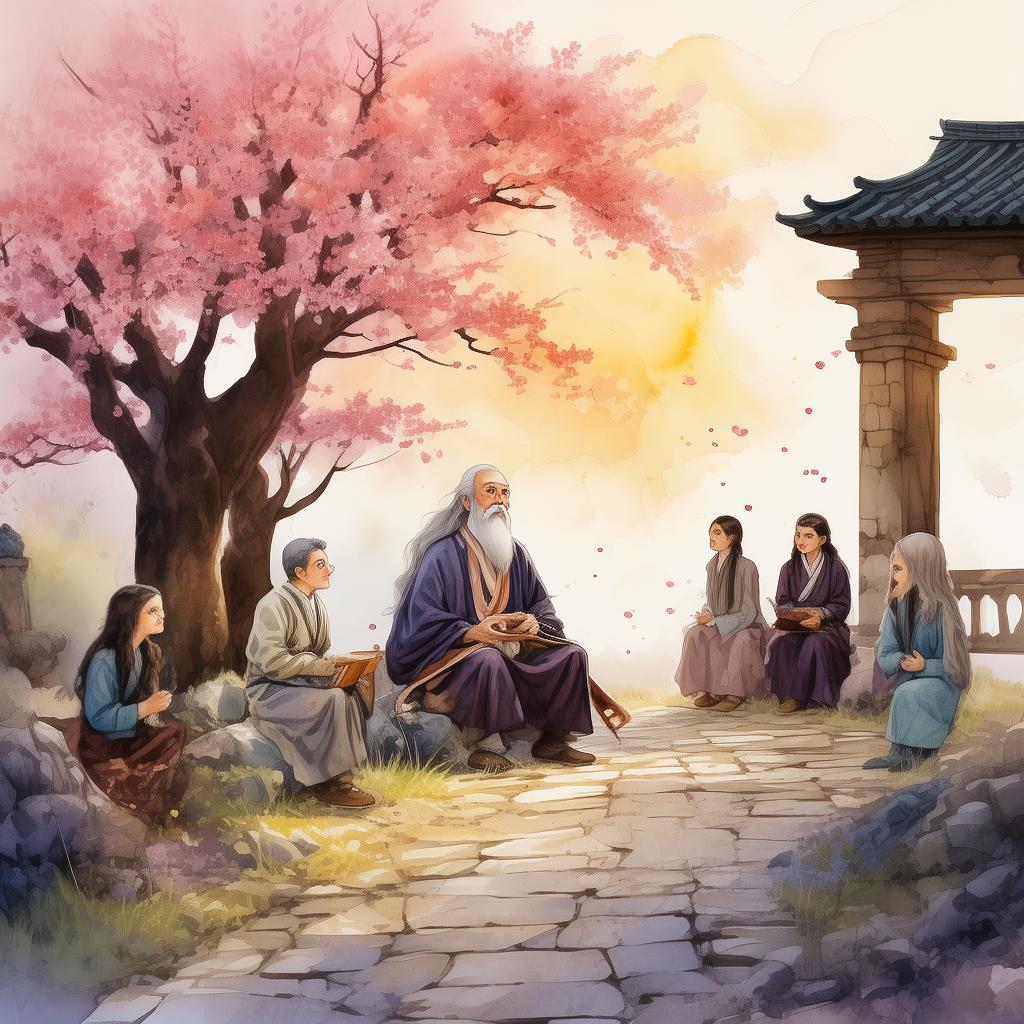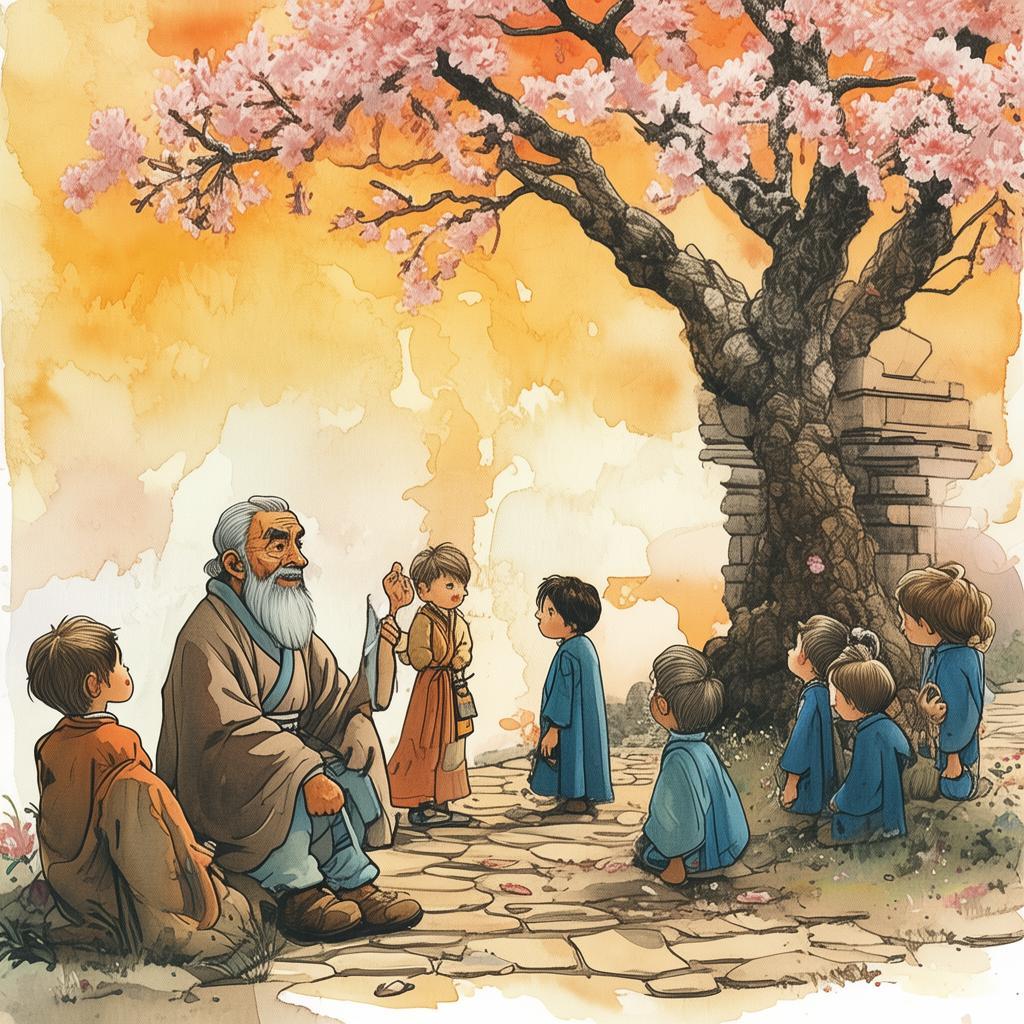The Baroque Bassoon's Redemption
In the heart of the Baroque Bastion, where the echoes of the past still resonate with the melodies of old, there lived a bassoonist named Adoniram. His instrument, a rare and exquisite bassoon, was said to be enchanted, its music capable of soothing the soul or raising the dead. Adoniram was a man of few words, but his music spoke volumes, reaching the hearts of many. Yet, beneath the surface of his composed demeanor, a storm brewed, for he carried a burden no one else knew of—a burden that had the power to shatter the very foundation of his world.
The story began with a grand concert, where Adoniram was to perform a piece that was said to be the pinnacle of Baroque music. The audience was awestruck, and the applause was thunderous. But as the final note resonated through the hall, a whisper of doubt crept into Adoniram's mind. He had felt it—a discordant note, a betrayal of his own composition. The bassoon had failed him, and the audience's admiration turned to whispers of treachery.
The whispers grew louder, and soon, Adoniram found himself the subject of suspicion. The bassoon, once his pride and joy, became his burden. The enchanted instrument that had once been his savior was now his curse. His reputation was tarnished, and the trust of his audience, his friends, and his family was shattered.
Desperate to restore his honor, Adoniram embarked on a journey to find the source of the betrayal. He traveled through the winding streets of the Baroque Bastion, questioning anyone who would listen, searching for answers. His journey took him to the ancient luthier's workshop, where the bassoon had been crafted, and to the cryptic notes left by the previous owner, a legendary bassoonist named Elara.
Elara's notes spoke of a hidden melody, a melody that could only be played by someone pure of heart. Adoniram, driven by his own guilt and the desire to clear his name, sought to uncover this melody. His search led him to a forgotten church, its stained glass windows shrouded in cobwebs, and to a crypt where the echoes of the past still lingered.
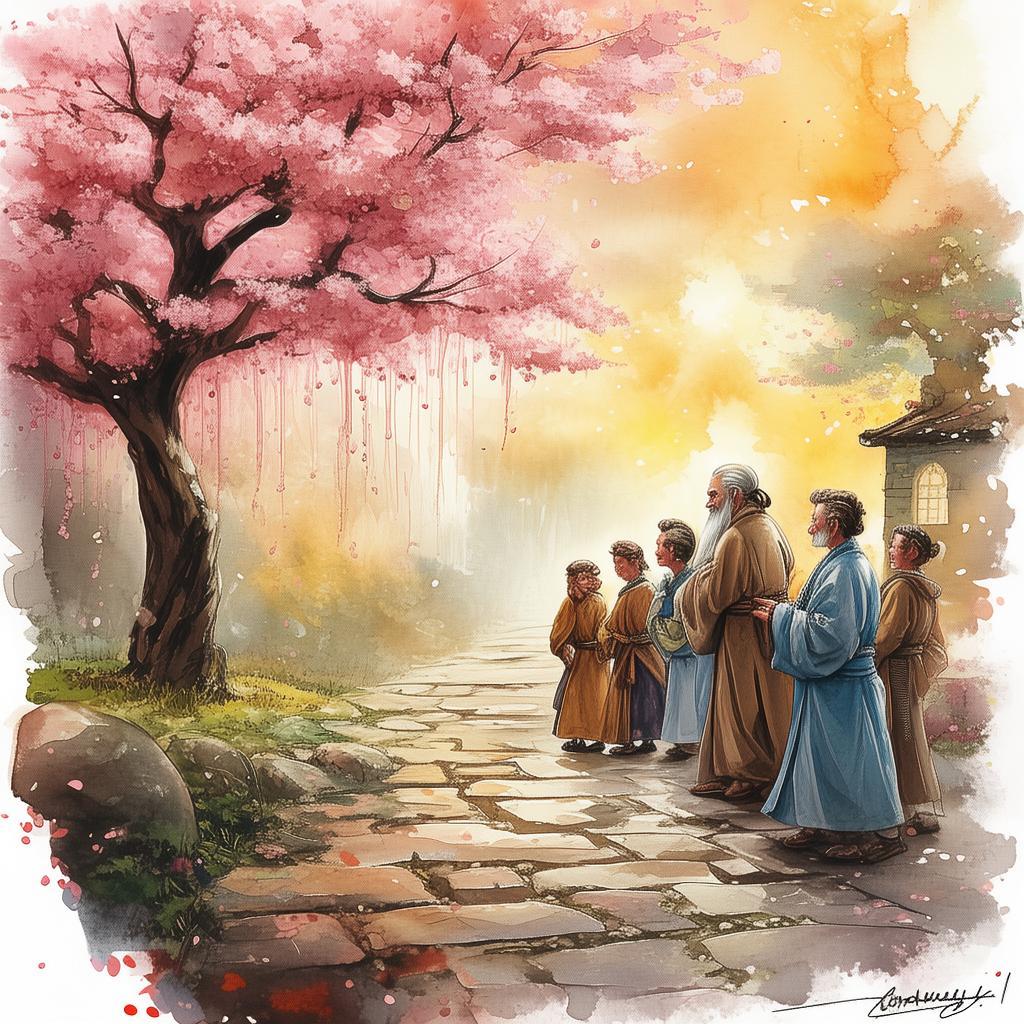
In the depths of the crypt, Adoniram found a dusty, leather-bound book filled with musical scores. Among them, he discovered a melody unlike any other. It was hauntingly beautiful, a testament to the purity of the soul. As he played it on his bassoon, the air seemed to vibrate with an unseen force, and the walls of the crypt seemed to breathe with life.
The melody was the key to redemption. It was a testament to the power of trust and the importance of forgiveness. As Adoniram played, the whispers of betrayal faded, replaced by a hush of awe. The bassoon, once a source of shame, became a symbol of hope and healing.
Word of Adoniram's redemption spread through the Baroque Bastion like wildfire. People came from far and wide to hear him play, to witness the transformation of his instrument and his spirit. The bassoon, once cursed, now sang of love and forgiveness, of the power of music to heal and transform.
Adoniram's journey had taught him that true redemption lay not in the instrument itself, but in the heart of the player. He had learned that trust was fragile, but it could be rebuilt. And so, with his newfound clarity, Adoniram returned to the stage, not as a bassoonist burdened by his past, but as a musician reborn, ready to share the message of redemption with the world.
The Baroque Bastion, once a place of shadows and whispers, now thrummed with the music of hope. And in the heart of it all, Adoniram stood, his bassoon in hand, his burden lifted, his soul free.
✨ Original Statement ✨
All articles published on this website (including but not limited to text, images, videos, and other content) are original or authorized for reposting and are protected by relevant laws. Without the explicit written permission of this website, no individual or organization may copy, modify, repost, or use the content for commercial purposes.
If you need to quote or cooperate, please contact this site for authorization. We reserve the right to pursue legal responsibility for any unauthorized use.
Hereby declared.
